A follow-up report convened by Prime Business Africa on the recent decision of the Nigeria Liquefied Natural Gas company to channel all its LPG into the domestic market showed that there is a surge in the demand for Liquefied Petroleum Gas, popularly called cooking gas.
This newspaper on January 13, 2022, reported that the Board of Directors of NLNG Limited approved the supply of 100 per cent of the company’s LPG production (Propane and Butane) to the Nigerian market.
Join our WhatsApp ChannelThis came as the gas producing firm explained that its core product was Liquefied Natural Gas and that LPG was only a byproduct of LNG, stressing that all its cooking gas was now sold in Nigeria.
Reacting to this, the National Chairman, Liquefied Petroleum Gas Retailers Association of Nigeria, Michael Umudu, said that though the decision by NLNG was welcomed, it had raised some concerns in the market.
He said: “We should be conscious this time, for after the announcement was made we recorded a slight increase in LPG price. So we have to welcome that announcement with caution.”
“If they (NLNG) will match their words with action, it will be fine. This is because the 100 per cent they are talking about, will it meet the local demand for LPG?
“Even if it meets the current demand of about 1.2 million metric tonnes per annum, which I doubt, there will be an upsurge in demand, just like we are experiencing now. Again, we should be concerned about the factor of competition.”
“This is because with the announcement, if care is not taken, some of the importers who started importing, leading to a reduction in price for about a month before that decision, may decide to stop imports believing that they will not be able to compete with NLNG.
“And if NLNG is not fit to supply the product, it can equally cause more problems. However, the decision is welcomed and the NLNG should be commended for it.”
Umudu further noted that issues of logistics should be addressed, stressing that even when LPG consumption was very low some 10 years ago, there was still the challenge of logistics.
“So we need to know how they are partnering their off-takers to ensure that their product can easily get to the market,” the LPG retailers chairman stated.

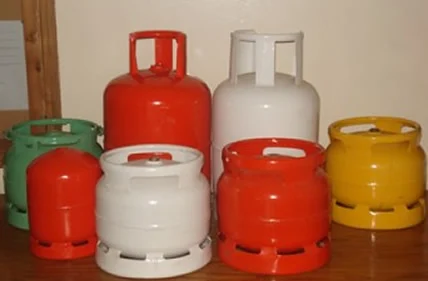



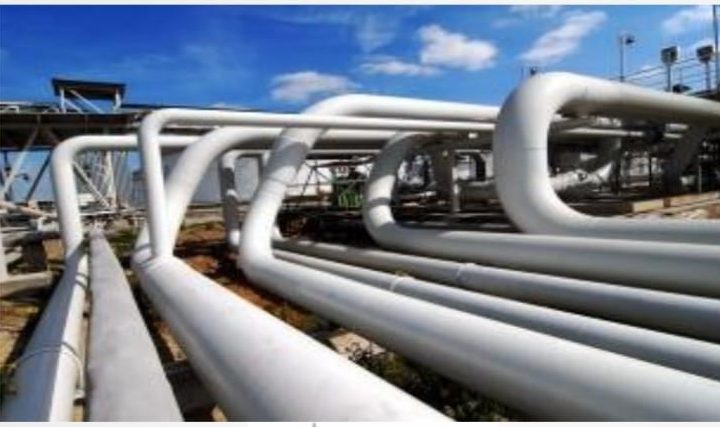
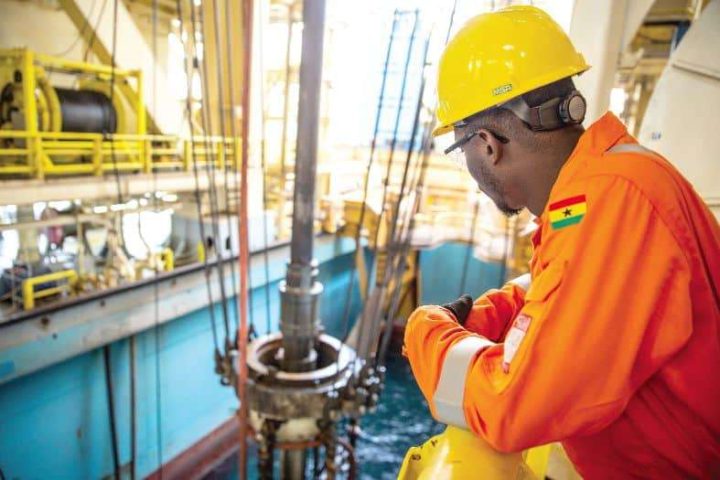






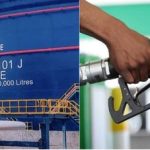


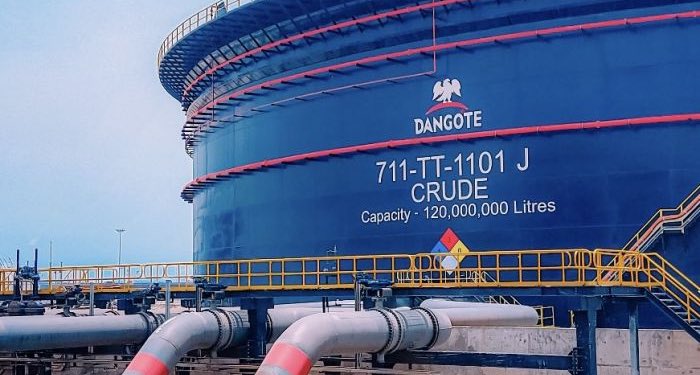
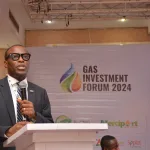
Follow Us